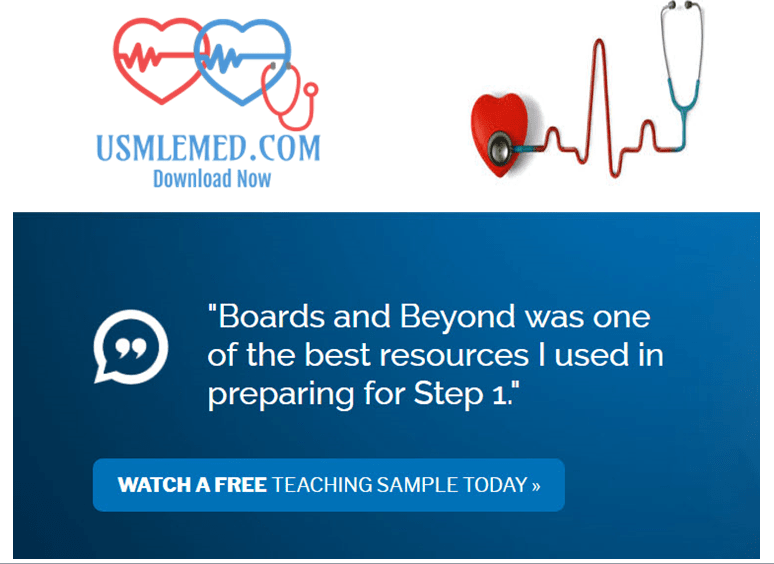
Jordan highlighted the problem of “USMLE mania,” where achieving a high USMLE Step 1 score has become the predominant goal of preclinical medical education. Despite the advantages of a numerical scoring system, there is a growing consensus that high-stake exams no longer best serve holistic evaluation of resident candidates. For students, the numerical score of the USMLE Step 1 exam offered a “level playing field,” allowing individuals to distinguish themselves from their peers, regardless of their school’s ranking or prestige. This objective metric was deemed useful compared to parameters that often lack uniformity between schools, such as grades, class rank, and letters of recommendation. Its 3-digit scoring system has provided residency program directors with a reliable source of “hard data” by which applications could be screened and filtered. In contrast to its original purpose, the USMLE Step 1 exam has become integral to the residency application process. Jordan explained that the National Board of Medical Examiners (NBME) created the USMLE Step exams to inform medical licensure by determining minimum competence for practicing physicians, not to assess an applicant’s qualifications for admittance to residency programs. In the opening webinar of the series, Dr. Jordan and Justin La of the University of California, Irvine, CA, USA On February 25, 2021, a bonus session provided cutting-edge updates from a co-chair of the Coalition for Physician Accountability Undergraduate Medical Education (UME) to Graduate Medical Education (GME) Review Committee (UGRC).

Sessions included the perspectives of allopathic and osteopathic residency program directors, basic science faculty, undergraduate medical education curriculum designers, clinical educators, and programs for international medical students matriculating to the United States.

The speakers identified challenges to their respective programs and explored creative ways to address potential consequences.

Recognized experts from various stakeholder groups discussed the impact of the decision to score the United States Medical Licensing Examination (USMLE) Step 1 exam Pass/Fail (P/F). The Winter 2021 Webinar Audio Series (WAS) of the International Association of Medical Science Educators (IAMSE), titled, “USMLE Step-1 is Going to Pass/Fail, Now what do we do?” was broadcast live to audiences at academic institutions worldwide in five weekly webinars from January 7, 2021, to February 4, 2021.


 0 kommentar(er)
0 kommentar(er)
